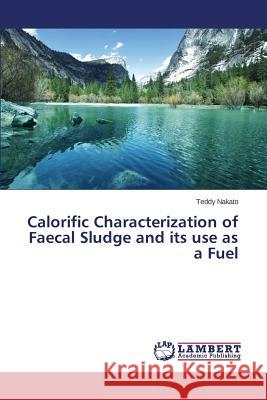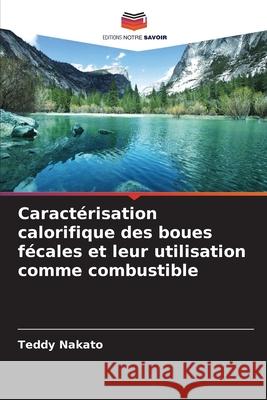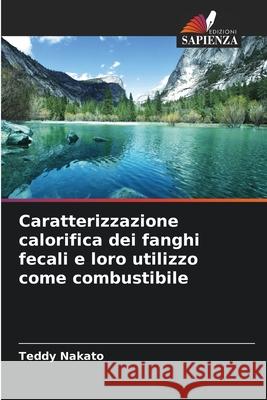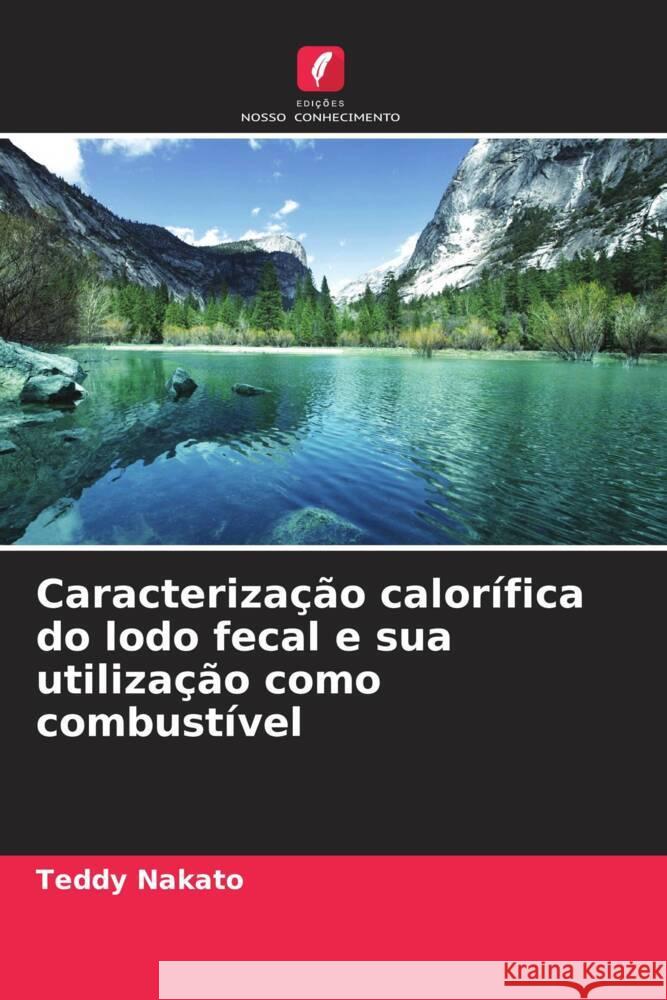topmenu
Wyniki wyszukiwania:
wyszukanych pozycji: 6
 |
Charakterystyka kaloryczna osadu sciekowego i jego wykorzystanie jako paliwa
ISBN: 9786209393907 / Polski / Miękka / 2025 / 96 str. Termin realizacji zamówienia: ok. 10-14 dni roboczych. |
cena:
178,47 |
 |
Kalorische Charakterisierung von Fäkalschlamm und dessen Verwendung als Brennstoff
ISBN: 9786209299452 / Niemiecki / Miękka / 2025 / 100 str. Termin realizacji zamówienia: ok. 10-14 dni roboczych. Die Verwendung von Fäkalschlamm (FS) als Brennstoff zur Energieversorgung industrieller Prozesse könnte dazu beitragen, sowohl das Problem der Abwasserentsorgung als auch die Abhängigkeit von nicht nachhaltigen oder teuren fossilen Brennstoffen zu lösen. Ziel dieser Forschung war es, die Machbarkeit der Verwendung von FS als fester Brennstoff zu testen - eine Endverwendung, die einen ökologisch und finanziell vorteilhaften Ersatz für kostspielige, entsorgungsorientierte FS-Managementlösungen bieten könnte. Um den durchschnittlichen Heizwert von FS zu bestimmen, wurden Proben aus...
Die Verwendung von Fäkalschlamm (FS) als Brennstoff zur Energieversorgung industrieller Prozesse könnte dazu beitragen, sowohl das Problem der Abwas...
|
cena:
178,47 |
 |
Calorific Characterization of Faecal Sludge and its use as a Fuel
ISBN: 9783659750380 / Angielski / Miękka / 2015 / 108 str. Termin realizacji zamówienia: ok. 10-14 dni roboczych. Using faecal sludge (FS) as a fuel to provide energy for industry processes could help to solve both the sanitation challenge and reliance on unsustainable or expensive fossil fuels. This research aimed at testing the viability of using FS as a solid fuel - an end use that could unlock an environmentally and financially beneficial replacement for costly, disposal-oriented FS management solutions. To determine the average calorific value of FS, samples were collected from sanitation systems in Kampala, Uganda and were tested for calorific value, total solids, total volatile solids, moisture...
Using faecal sludge (FS) as a fuel to provide energy for industry processes could help to solve both the sanitation challenge and reliance on unsustai...
|
cena:
178,47 |
 |
Caractérisation calorifique des boues fécales et leur utilisation comme combustible
ISBN: 9786209345876 / Francuski / Miękka / 2025 / 100 str. Termin realizacji zamówienia: ok. 10-14 dni roboczych. L'utilisation des boues fécales (BF) comme combustible pour alimenter les processus industriels pourrait contribuer à résoudre à la fois le problème de l'assainissement et la dépendance à l'égard des combustibles fossiles non durables ou coûteux. Cette recherche visait à tester la viabilité de l'utilisation des BF comme combustible solide, une utilisation finale qui pourrait déboucher sur un remplacement avantageux sur le plan environnemental et financier des solutions coûteuses de gestion des BF axées sur l'élimination. Afin de déterminer le pouvoir calorifique moyen des FS,...
L'utilisation des boues fécales (BF) comme combustible pour alimenter les processus industriels pourrait contribuer à résoudre à la fois le probl�...
|
cena:
178,47 |
 |
Caratterizzazione calorifica dei fanghi fecali e loro utilizzo come combustibile
ISBN: 9786209371356 / Włoski / Miękka / 2025 / 96 str. Termin realizacji zamówienia: ok. 10-14 dni roboczych. |
cena:
178,47 |
 |
Caracterização calorífica do lodo fecal e sua utilização como combustível
ISBN: 9786209215681 / Portugalski / Miękka / 2025 / 96 str. Termin realizacji zamówienia: ok. 10-14 dni roboczych. |
cena:
178,47 |










